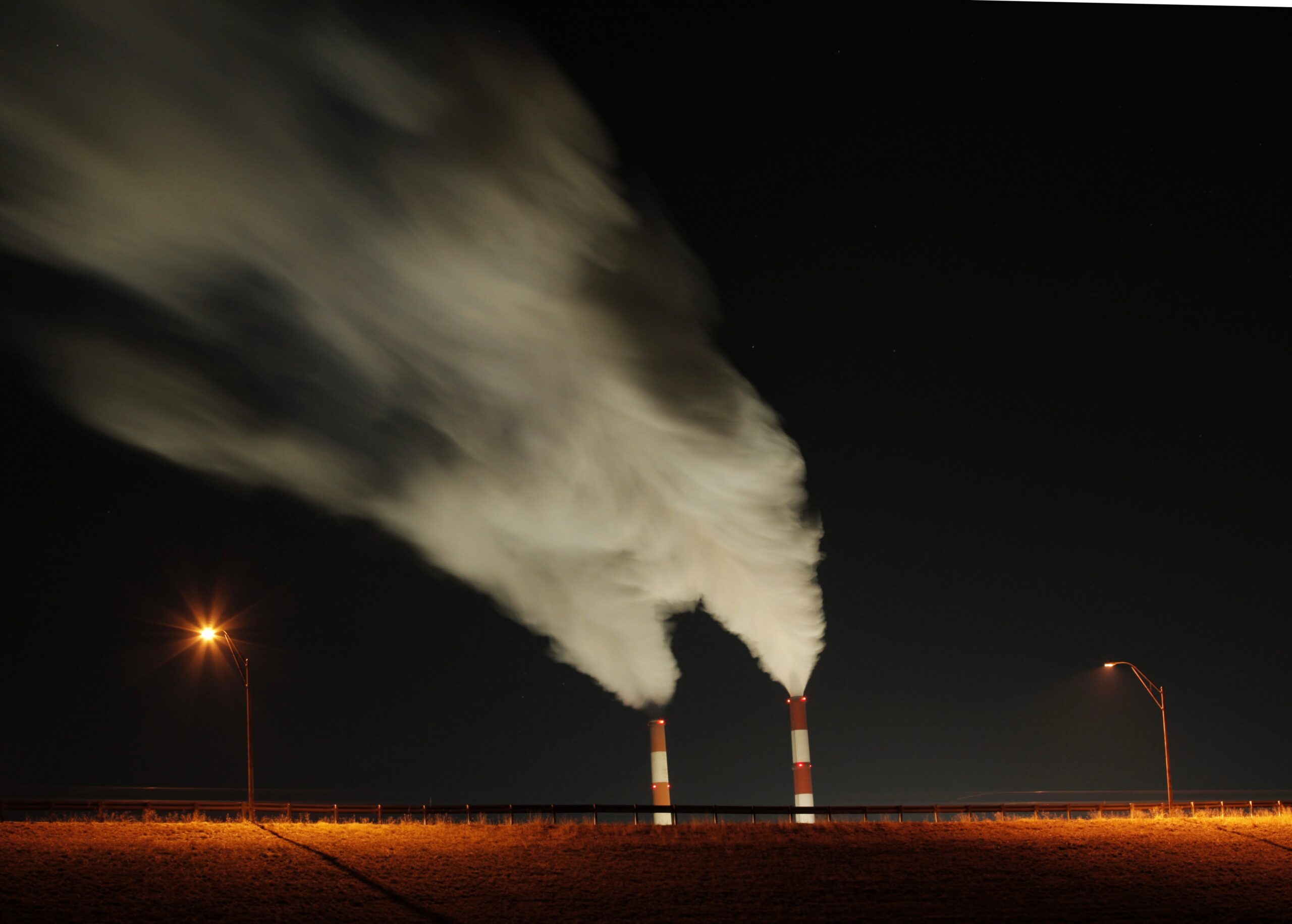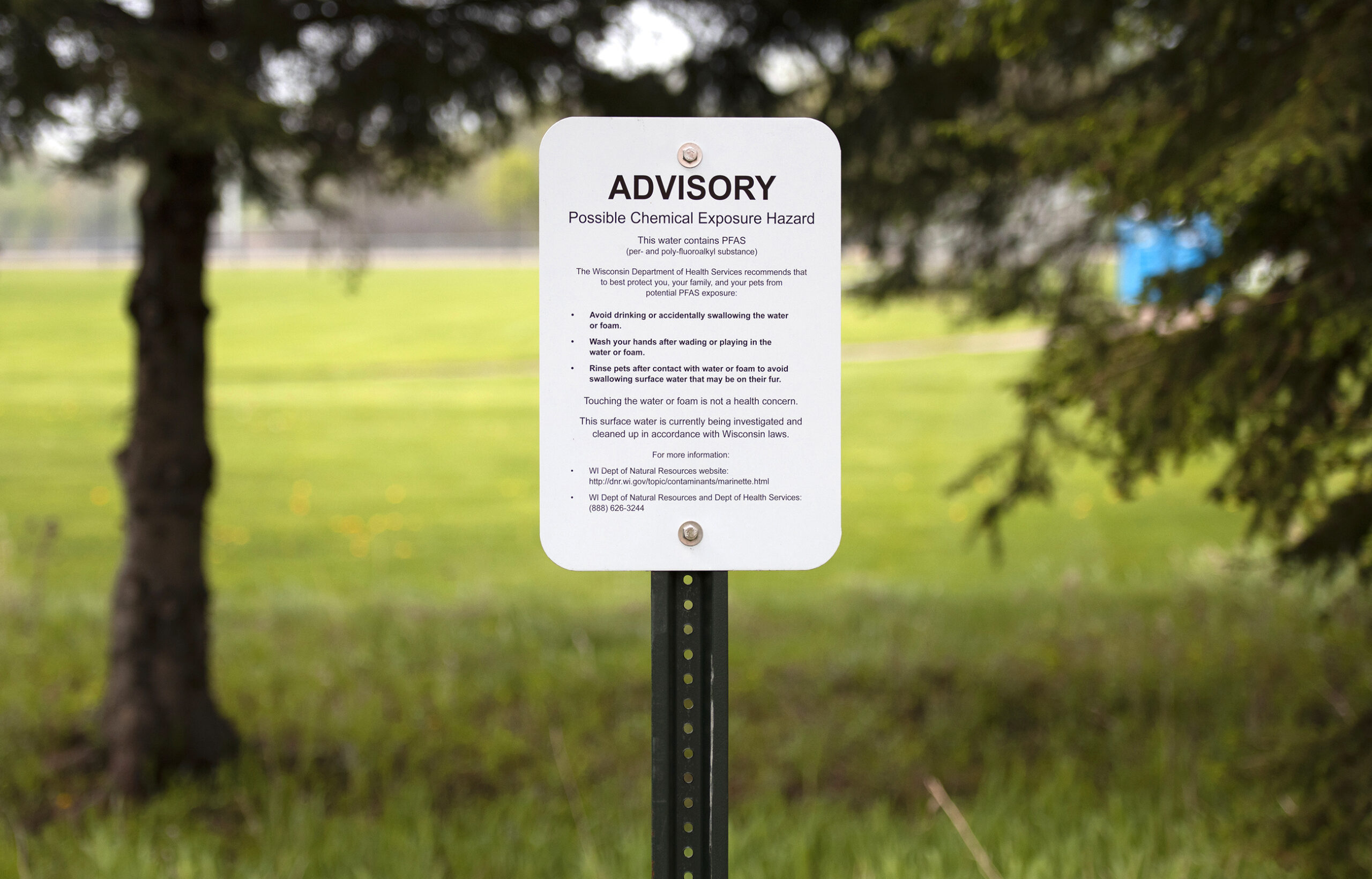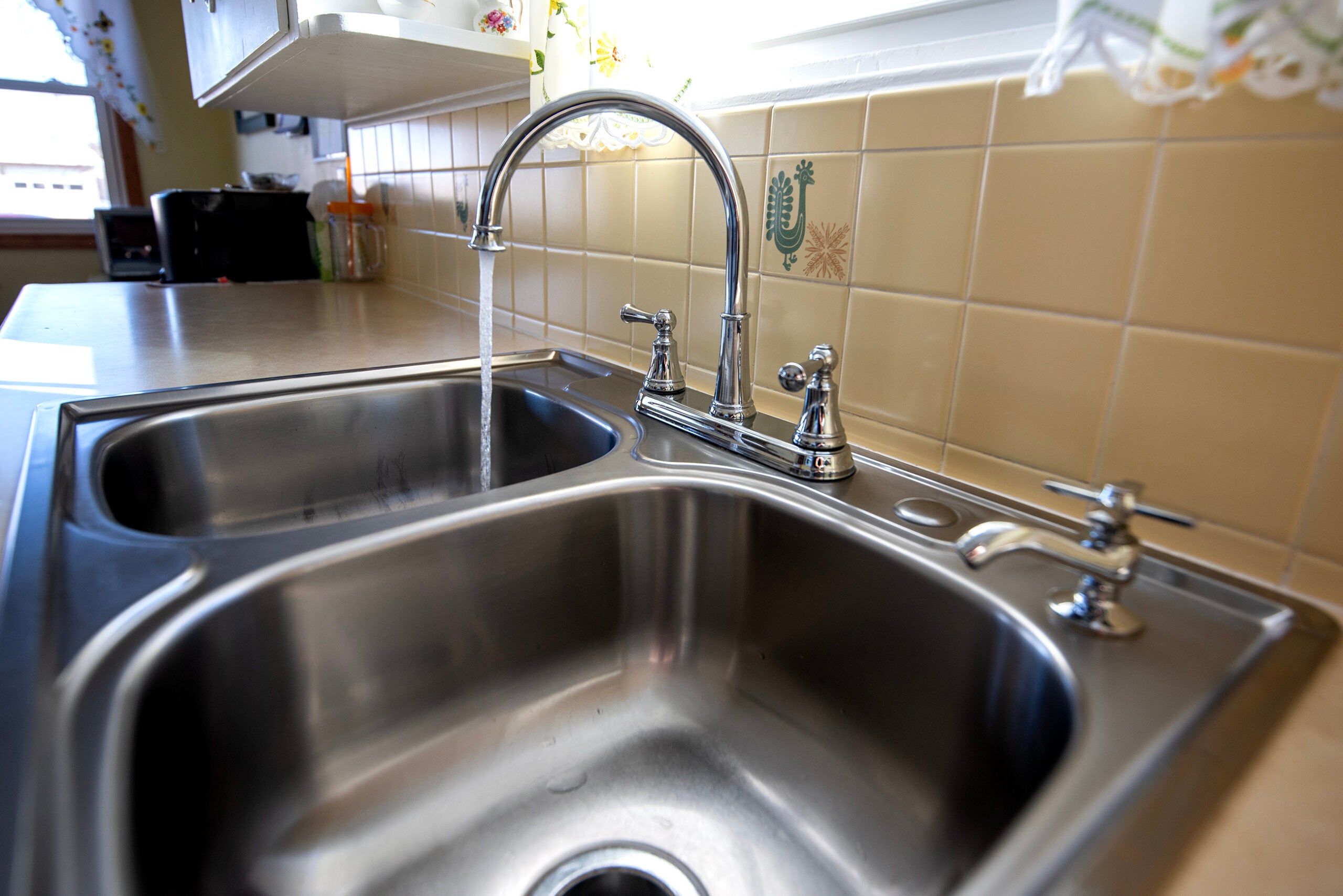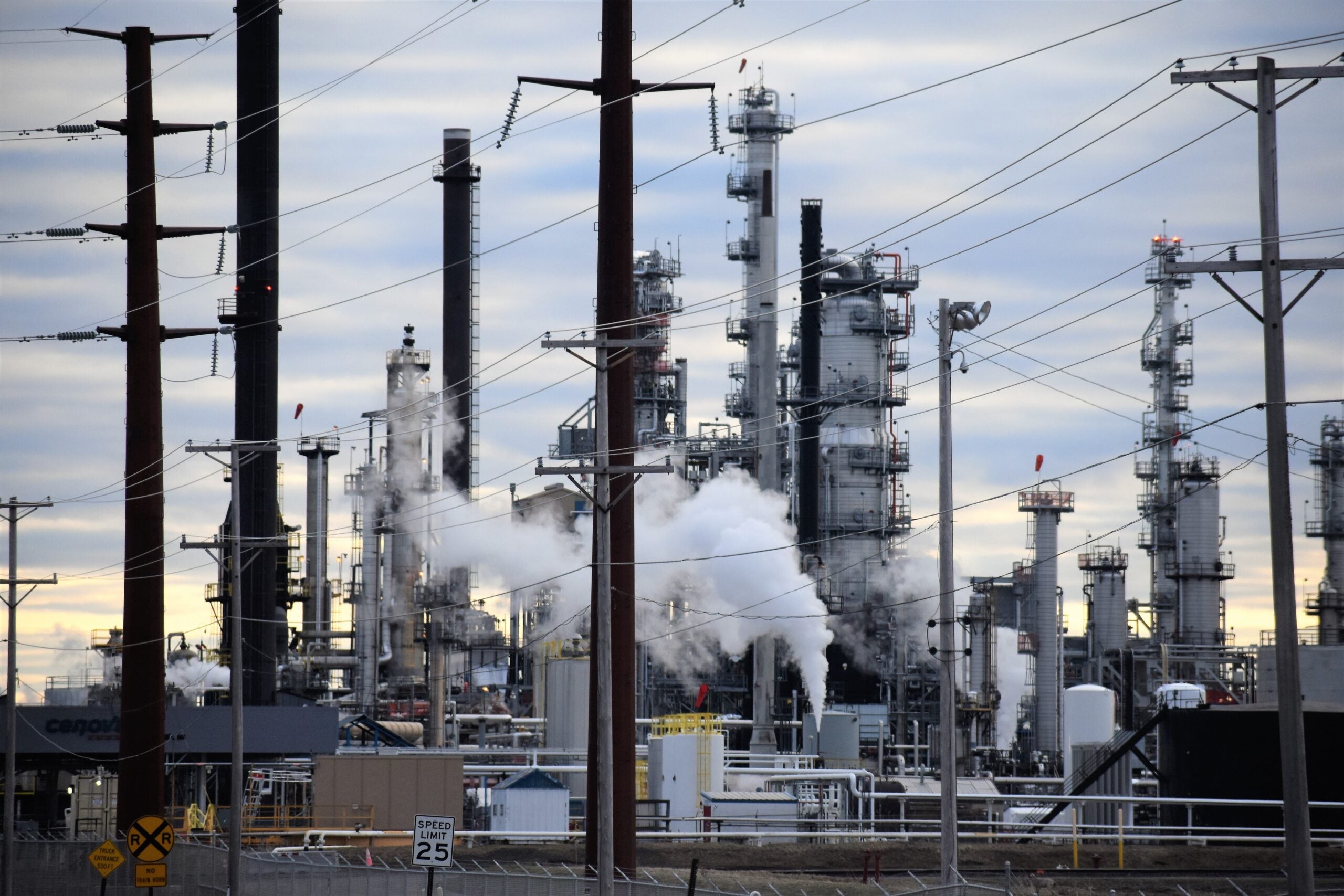Wisconsin lawmakers are considering a proposal that would eliminate all of the state’s air quality regulations by the end of next year.
Assembly lawmakers met Tuesday for a public hearing on a bill that would eliminate all of the state Department of Natural Resource’s rules for air quality. The DNR would have the option to reintroduce those regulations. All existing federal regulations would continue.
The bill’s sponsors argued some of the state’s air standards are unnecessary and stifle growth.
News with a little more humanity
WPR’s “Wisconsin Today” newsletter keeps you connected to the state you love without feeling overwhelmed. No paywall. No agenda. No corporate filter.
Bill sponsors Sen. Duey Stroebel, R-Saukville, and Rep. Jesse Kremer, R-Kewaskum, cited a 2004 report from the Legislature’s nonpartisan audit bureau that said the state regulates 293 more pollutants than required by federal law. Of those, the audit found 94 of the 293 were reported in Wisconsin in 2002.
“This just ensures that this list that has just continually grown and grown and grown — and some of them are obsolete and irrelevant — now we’ll take a hard look at it and make sure the ones we really need to regulate we’ll be regulating,” Stroebel said at the hearing.
Under the bill, if the DNR reintroduces any of the regulations and they are approved by the Legislature, they would expire and be eligible for renewal every 10 years.
Kremer said the bill echoes a new state law, known at the REINS Act, which sets expiration dates for rules written by the state departments.
Wisconsin Manufacturers and Commerce, the American Petroleum Institute and the Wisconsin Paper Council support the bill.
“If we’re going to go above and beyond the federal government … we should know why we’re doing it,” said Lucas Vebber, director of environmental and energy policy at Wisconsin Manufacturers and Commerce.
Opponents to the proposal argued state regulations can be more important to residents’ health than federal regulations.
“The federal level protections may not address the most dangerous air pollution emissions in Wisconsin,” said Sarah Barry, director of government relations for Clean Wisconsin, an environmental advocacy group. “This is because those federal standards frequently apply only to very large facilities with tall exhaust towers and other measures to reduce public exposure. It is the state level protections that provide people safety from smaller facilities.”
Tyson Cook, director of energy, air and science for Clean Wisconsin, also noted smaller facilities are often located closer to residential areas than larger facilities that are subject to more federal regulations.
The American Lung Association, the Sierra Club and the Wisconsin League of Conservation Voters also oppose the plan.
Rep. Jimmy Anderson, D-Fitchburg, also argued the proposal would create unnecessary work for the DNR.
“It seems that we’re sweeping away the entirety of the regulations that are above the federal level and asking the DNR to re-do the work,” Anderson said.
The bill has yet to be voted on in an Assembly or Senate committee.
Wisconsin Public Radio, © Copyright 2025, Board of Regents of the University of Wisconsin System and Wisconsin Educational Communications Board.







